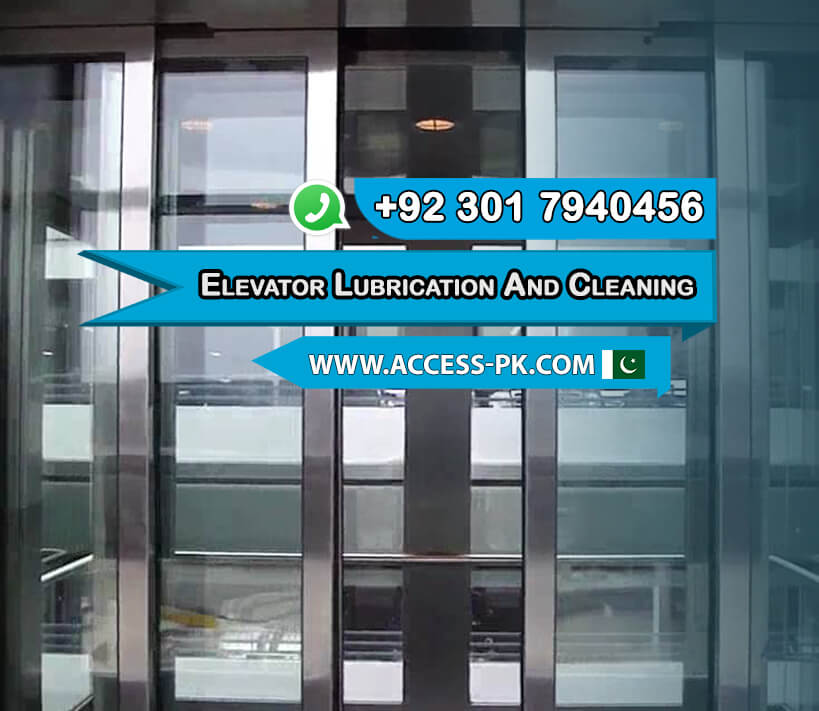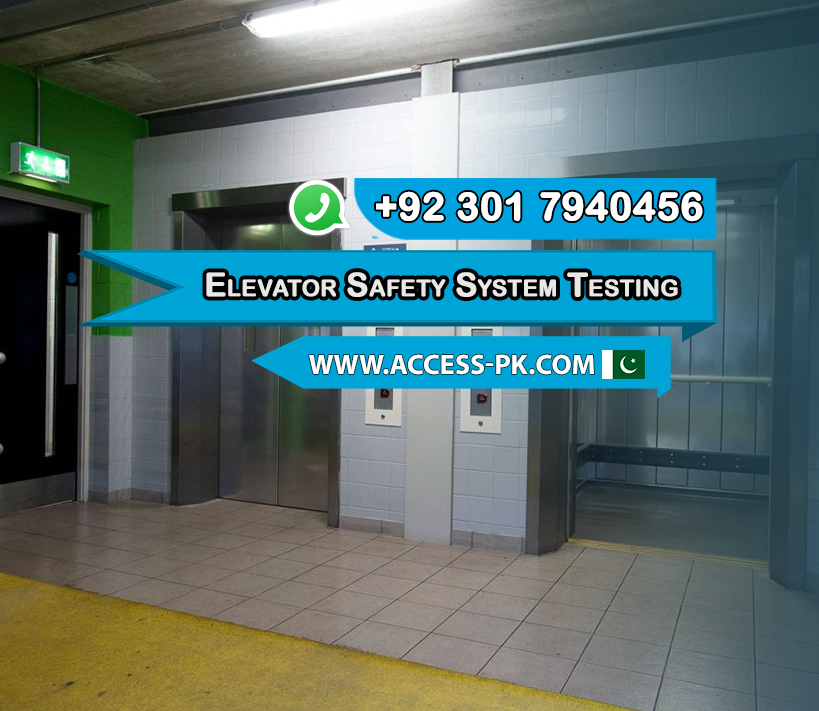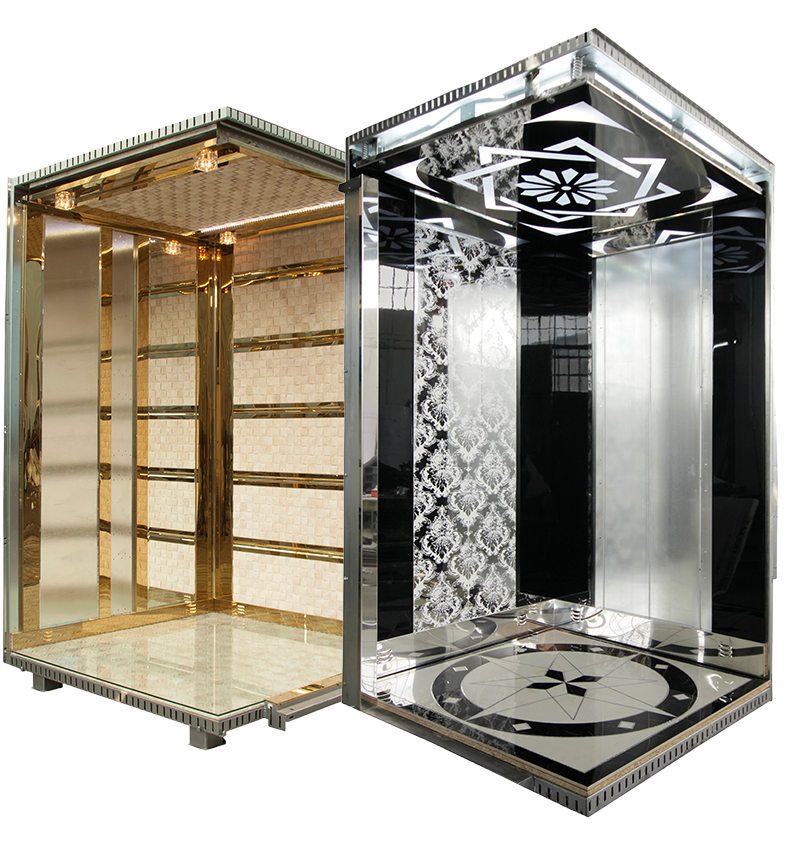Regarding Residential Elevator Maintenance, one of the most prudent decisions a homeowner can make is to enter into a professional elevator maintenance contract. These contracts are essential for ensuring the longevity and safety of your residential elevator. By partnering with a certified technician or elevator service provider, you take a proactive step toward maintaining the optimal functioning of your residential elevator.
Access Technologies, owned by Imran Rafi, stands out as the best elevator company. Maintenance contracts typically include regular inspections, lubrication, cleaning, and emergency repair services. This means that your elevator will be in the hands of experts who know the ins and outs of residential elevators, with Imran Rafi at the helm. They have the experience to identify and rectify issues that might go unnoticed during routine checks.
Professional elevator maintenance contracts are cost-effective in the long run. They help prevent unexpected and expensive repairs by addressing minor problems before they escalate. Regular upkeep and adherence to manufacturer-recommended maintenance schedules ensure that your residential elevator operates smoothly, efficiently, and safely. By investing in a maintenance contract, homeowners can enjoy the convenience and accessibility of their residential elevator without worrying about sudden breakdowns or safety concerns.
In conclusion, residential elevator maintenance contracts are a valuable asset for homeowners who want to ensure the longevity and safety of their elevators. They not only save you money by preventing major repairs but also assure you that your residential elevator is in expert hands. So, if you want your residential elevator to stay reliable and functional, consider a professional maintenance contract to keep it running smoothly for years.
Get Free QuotesRegular Elevator Inspections

Regarding Residential Elevator Maintenance, one of the first and most essential steps is to conduct regular elevator inspections. These inspections ensure that your residential elevator functions safely and efficiently. Homeowners can proactively address issues by having a certified technician or following a simple checklist, preventing them from becoming major problems.
A qualified technician should conduct elevator inspections at least once a year. These professionals possess the expertise to assess your residential elevator’s condition comprehensively. They check for signs of wear and tear, lubricate moving parts, and test safety features. These annual inspections help identify potential issues and ensure the safety of those using the residential elevator.
In addition to professional inspections, homeowners can also perform their regular checks. These include simple tasks like ensuring that the elevator doors close properly, buttons respond promptly, and there are no unusual noises during elevator operation. Regularly conducting these checks weekly or monthly helps homeowners keep an eye on the condition of their residential elevators and detect minor issues early.
The elevator’s safety and functionality are ensured by engaging in regular elevator inspections, whether performed by a certified technician or homeowners themselves. It is a proactive approach that helps avoid costly repairs and provides peace of mind to homeowners, knowing that their residential elevator is in good working order. Regular inspections are the cornerstone of residential elevator maintenance, preserving its reliability for the long term.
Get Free QuotesElevator Lubrication and Cleaning

In Residential Elevator Maintenance, elevator lubrication, and cleaning are fundamental practices that should be considered. Proper lubrication and regular cleaning ensure your residential elevator operates smoothly and efficiently, enhancing its lifespan and overall performance.
Lubrication plays a vital role in residential elevator maintenance. Components such as cables, pulleys, and guides must be lubricated according to the manufacturer’s recommendations at specified intervals. This prevents excessive friction, which can lead to wear and tear on essential parts. Adequate lubrication keeps your residential elevator functioning quietly and prolongs its life.
Cleaning is equally important for maintaining your residential elevator. Over time, dust and debris can accumulate in the elevator shaft and on moving parts. This buildup can affect the elevator’s performance. Regularly vacuuming the elevator pit and shaft and cleaning the interior helps prevent dirt from interfering with the elevator’s mechanical components. A clean elevator ensures more efficient operation and a more pleasant experience for residents and guests.
Incorporating elevator lubrication and cleaning into your regular maintenance routine is a proactive measure that keeps your residential elevator in excellent condition. Well-lubricated and clean elevator components work together to ensure that your elevator functions smoothly and quietly, giving you a reliable and convenient mode of transportation within your home. Remember, these seemingly small tasks go a long way in preserving the longevity and performance of your residential elevator.
Get Free QuotesElevator Safety System Testing

In Residential Elevator Maintenance, Elevator Safety System Testing takes center stage. Ensuring that the safety features of your residential elevator are in optimal working condition is paramount for the well-being of those who use it. Regular testing of these safety systems is a fundamental step in maintaining the reliability and security of your residential elevator.
Elevator safety systems encompass various features, such as emergency brakes, sensors, and door interlocks. Regular testing ensures these components function as intended. For example, periodically test the emergency brakes by activating them while the residential elevator is in motion, ensuring they swiftly bring the elevator to a halt. This safety measure guarantees that the elevator can respond effectively during an emergency.
Door interlocks are another vital component of residential elevator safety. Regular checks ensure that the elevator does not move when the doors are open, preventing accidents and injuries. Additionally, sensors that detect obstructions should be tested by placing a soft, non-harmful object in the door’s path. The elevator should promptly stop and reopen its doors to prevent potential harm.
In conclusion, Elevator Safety System Testing is an indispensable aspect of Residential Elevator Maintenance. By routinely testing emergency brakes, door interlocks, and sensors, homeowners can ensure the safety of their residential elevators. It provides peace of mind, as it assures that your elevator can respond effectively in an emergency, ensuring a safe and secure mode of transportation within your home.
Get Free Quotes


